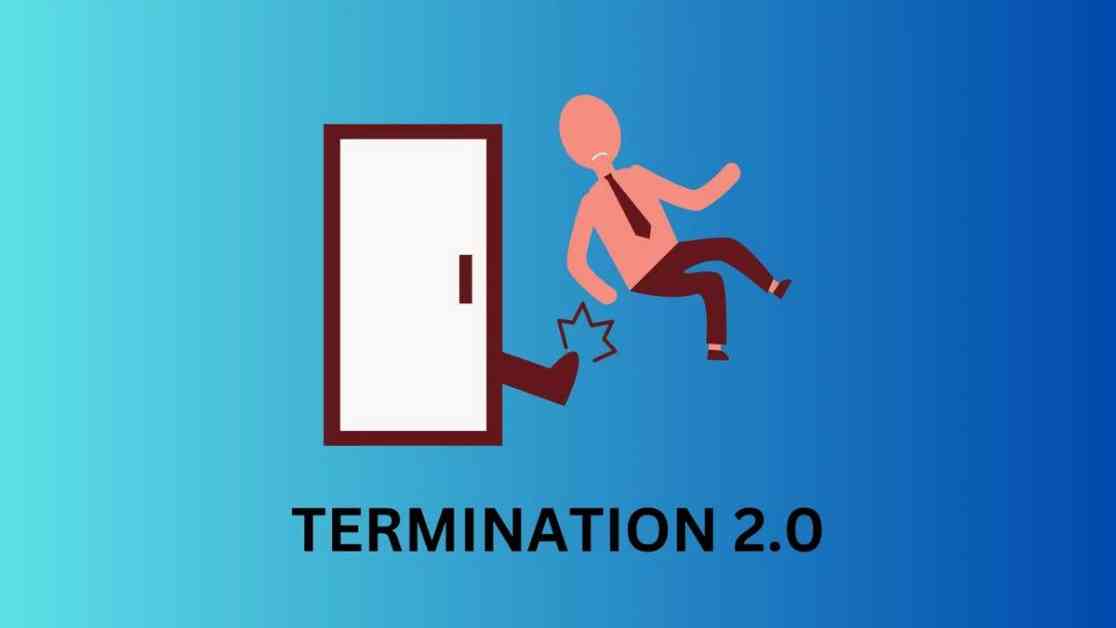Tech Industry Job Cuts: Navigating the Impact of AI on Tech Giants
The technology industry is currently experiencing a significant transformation, evident through the wave of layoffs and restructuring announcements from major corporations, notably Cisco and Intel. These strategic shifts signify the companies’ efforts to realign their focus towards high-growth sectors such as artificial intelligence (AI) and cybersecurity.
Cisco Systems, a prominent US-based networking giant, recently revealed plans for a second round of layoffs within the year. This move could potentially impact thousands of employees, surpassing the initial cuts of 4,000 positions made earlier. The decision to downsize comes amidst challenges in the market, including fluctuating demand and persistent supply chain issues.
Historically known for its manufacturing of networking equipment like routers and switches, which are crucial for internet traffic, Cisco is now aiming to diversify its revenue streams. One notable step in this direction is the acquisition of the cybersecurity firm Splunk for $28 billion, finalized in March. By focusing more on subscription-based services rather than traditional hardware sales, Cisco is adapting to the evolving market landscape.
The market response to Cisco’s restructuring has been mixed, with shares experiencing a slight decline following the layoff announcements. Investors are closely monitoring the company’s ability to navigate market dynamics, as reflected in the stock’s year-to-date performance. With ambitious plans to secure $1 billion in AI-related product orders by 2025, Cisco is strategically positioning itself for growth in the AI space.
In parallel to Cisco’s actions, Intel has also announced substantial job cuts, targeting a reduction of over 15% of its workforce, equating to approximately 17,500 jobs. The chipmaker’s decision stems from its efforts to revamp its struggling manufacturing sector, which has faced consecutive losses in recent quarters. Despite striving to position itself as a reliable domestic chipmaker, Intel has encountered challenges that have impacted its financial performance.
Intel’s latest earnings report highlighted a 1% decrease in total revenues compared to the previous year, with operating losses nearing $2 billion. To address its financial challenges, Intel is implementing cost-cutting measures, aiming to save $10 billion by 2025. The company has also suspended dividend payments to stabilize its finances amid market uncertainties.
Investors have expressed concerns about Intel’s stock performance, which has plummeted over 60% in the past year, hitting a decade-low in trading levels. The stock’s valuation multiples suggest a potential undervaluation or a value trap, prompting caution among investors analyzing the stock’s future trajectory.
The tech industry at large is grappling with the balance between investments in innovation and cost management, particularly as companies transition towards next-generation technologies like AI. Layoffs.fyi data indicates that over 126,000 employees across nearly 400 tech firms have been impacted by job cuts as of August 2024, highlighting the rapid transformations occurring in the sector.
The strategic decisions made by industry giants such as Cisco and Intel underscore broader trends within the tech industry. These shifts are essential for companies to remain competitive and relevant amidst evolving market demands and technological advancements. Consumer behavior also plays a significant role in shaping corporate strategies, prompting firms to innovate rapidly while optimizing resources to align with strategic goals.
Both Cisco and Intel serve as reflections of the larger trends shaping the tech industry, prompting stakeholders to closely monitor the outcomes of these decisions. The industry’s future trajectory hinges on how companies adapt to changing dynamics, innovate effectively, and manage workforce transitions to drive growth and sustainability.
Looking ahead, the tech industry will likely witness more firms reassessing their priorities, focusing on efficiency, innovation, and resilience. The recent developments within Cisco and Intel serve as a catalyst for industry participants to evaluate their strategies, navigate market challenges, and embrace technological advancements to thrive in a competitive landscape.
As the tech industry undergoes rapid transformation, stakeholders must remain vigilant, adaptable, and forward-thinking to navigate the evolving landscape successfully. The lessons learned from Cisco and Intel’s strategic pivots will undoubtedly shape the future of the tech industry, emphasizing the importance of agility, innovation, and strategic foresight in driving sustainable growth and competitiveness.






















